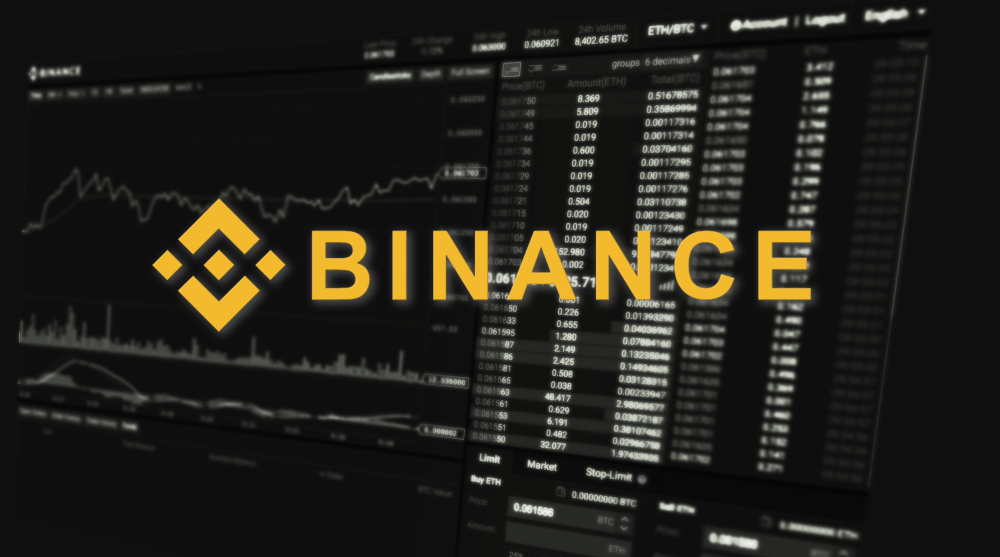The Canadian University of Dubai (CUDUAE), a leading university in Dubai and the largest cryptocurrency exchange in the world, Binance, has announced a partnership with the university to enable payments through cryptocurrencies.
Prospective and current students can supposedly pay their fees, including their tuition fees, with cryptocurrency. Because of its partnership with Binance, CUDUAE University can now offer cryptocurrency as a payment option, making it one of the first educational institutions in the United Arab Emirates to do so.
According to experts, the behemoth university is also one of the largest educational institutions in the UAE. It is well-known for its excellent programs, including business and finance, and has garnered much positive attention.
Latest Educational Collaborations
Amid the Dubai partnership, this is not the first time the behemoth crypto exchange, Binance, has delved into the education sector.
For instance, the much-anticipated campus tour in Ghana, which will visit many towns throughout the nation, is something Binance is very thrilled to announce. Binance will provide information about the potential in the blockchain sector and how students and school leaders may explore these prospects in the Binance ecosystem to them during this tour.
Additionally, the University of Western Australia (UWA), together with Binance Australia, inked a collaboration agreement in the previous year to develop blockchain education and satisfy the expanding need for skills in speculative technology. Binance Charity facilitated this relationship.
A contribution from Binance of up to $450,000 (US$300,000) in BUSD, a fiat-backed cryptocurrency stablecoin, was used by the University of Western Australia (UWA) to enhance a university course currently providing.
Cryptocurrencies Meet Education
The usage of cryptocurrencies is growing in the educational sector, which creates new doors for students to go through and further potential for them to profit from various applications. According to experts, institutions are starting to accept cryptocurrency payments for tuition and other expenditures. This may assist overseas students in avoiding the hefty transaction fees connected with conventional forms of compensation.
In addition, educational institutions are beginning to integrate smart contracts enabled by blockchain technology to automate administrative and financial activities such as enrolling students, collecting tuition, and issuing credentials.
According to the claims made about these applications, they make it possible for students to manage their education directly through the blockchain, removing the need for expensive intermediaries such as banks and lowering the amount of consumer friction required to access educational opportunities. In addition to this, blockchain technology has the potential to transform the way data is kept.
In conclusion, the cryptocurrency market has remained in the red zone because the bulls do not have the strength to outdo the opposite side. The most widely used cryptocurrency is presently trading at $22,716.94, representing a decrease of 2.05% during the last twenty-four hours.
On the other side, Ethereum has seen a loss of 2.33% within the same duration, as it is now trading at $1,634.06. Even more, altcoins are trading in the negative zone at a time when many cryptocurrency ecosystems are gearing up to rebound and change in the positive regions.
